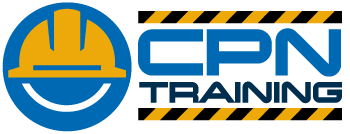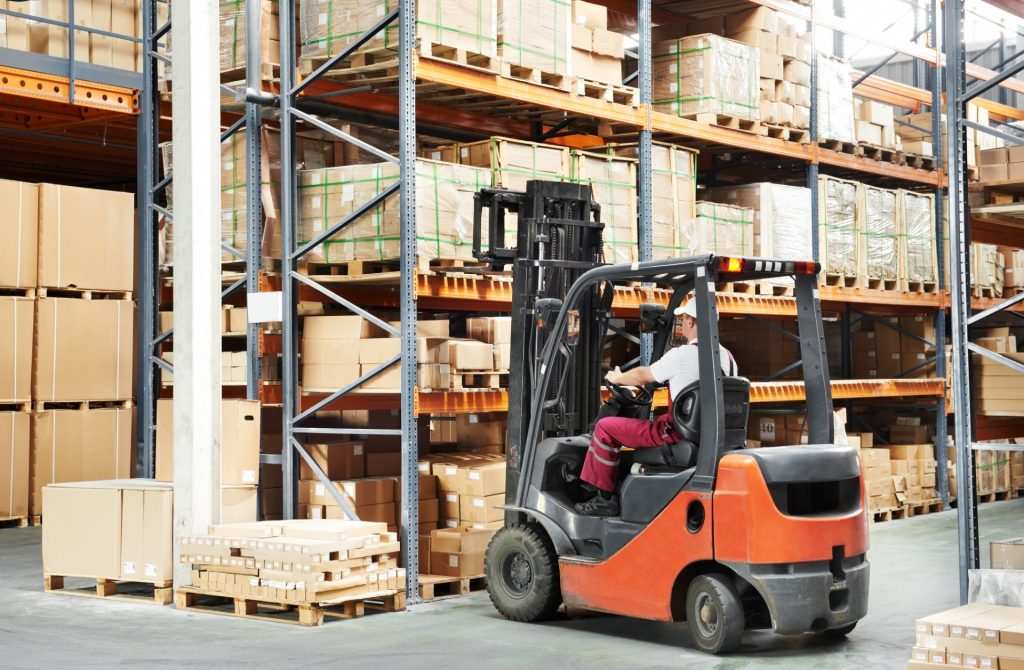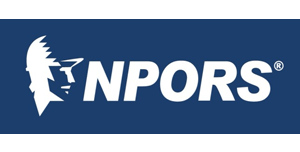In a warehouse environment efficiency and safety is key. Forklifts are the lifeblood of the warehouse, they keep everything moving and running smoothly. But if not operated by trained staff they can be a major risk.
Forklift training is not just a regulatory requirement, it’s a proactive way of creating a safer and more efficient workplace. With the right training, staff can operate forklifts with confidence and that’s key to the overall success of the warehouse.
Knowing the importance of a full training programme can make all the difference in maintaining high standards of safety and efficiency.
Safety Standards
One of the biggest benefits of forklift training is the improvement of safety standards in the warehouse. Forklifts are involved in a lot of accidents in the workplace, often resulting in serious injuries or fatalities.
Training gives operators the knowledge of safety protocols, operational techniques and hazard recognition so they can navigate their environment with more awareness and care.
Statistics show an alarming number of accidents involving forklifts, so training is crucial. By investing in full training programmes businesses can reduce the risk of accidents and create a safer working environment.
That’s not just for the employees but also for the culture of safety in the workplace which leads to better morale and reduced turnover.
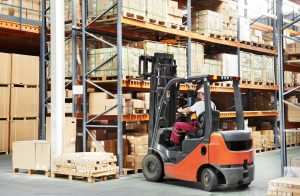
Regulations
In the UK the operation of forklifts is governed by strict health and safety regulations. Employers are legally required to ensure their forklift operators are trained and certified.
Failure to comply with these regulations can result in big fines and legal action and of course workplace injuries. By providing proper training businesses are fulfilling their legal requirements and demonstrating their care for their employees.
Compliance goes beyond the law; it’s also good for the company’s reputation. Businesses that are seen to be safety conscious attract more customers and build trust with their employees and stakeholders.
So investing in forklift training is a key step not only in compliance but also in building a brand reputation in a competitive market.
Operational Efficiency
Trained forklift operators are key to the overall efficiency of the warehouse. Proper training means employees understand the capabilities and limitations of the equipment they are using.
That means they can operate forklifts more efficiently, faster turnaround times and better workflow. When operators are skilled they can do tasks more efficiently, reduce delays and improve productivity across the board.
Plus efficient forklift operation reduces wear and tear on the equipment so lower maintenance costs. By streamlining processes and moving goods faster businesses can meet customer demands and expectations.
That’s efficiency that translates into profit, so training is not just a safety measure but a sound investment in the operational success of the warehouse.
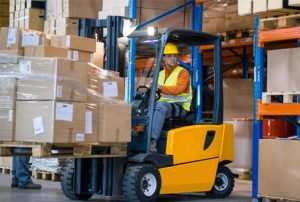
Employee Confidence and Morale
Forklift training is key to employee confidence. When operators feel competent in their skills they will approach their tasks with a positive attitude and that leads to higher job satisfaction.
Training empowers employees by giving them the knowledge and skills to operate equipment safely and efficiently and pride in their work.
Plus a trained workforce creates a positive work environment. Employees who are confident in their abilities will experience less stress and anxiety in their job.
That boost in morale can lead to better teamwork and collaboration and overall better productivity in the warehouse. Businesses that invest in training show their employees they care and that can lead to higher loyalty and reduced turnover.
Cost of Training
Some may see forklift training as an extra cost but it’s actually a cost effective solution for businesses. The financial implications of workplace accidents can be huge, medical costs, legal fees and lost productivity.
By investing in training businesses can reduce the risk of accidents and the associated costs. In that sense, the cost of training is peanuts compared to the financial consequences of not training.
Plus proper training can lead to better efficiency and that’s even more cost effective. A skilled workforce can manage resources and optimise processes which can save big over time.
By seeing training as an investment, not a cost businesses can reap the long term benefits of a trained and competent workforce.
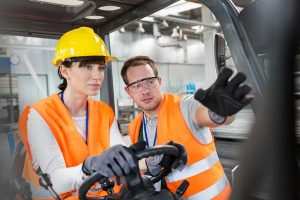
Summary
In summary, forklift training is key to the safe and efficient operation of the warehouse. By raising safety standards, meeting regulations and improving operational efficiency businesses can create a safer and more productive workplace.
The benefits of training go beyond the immediate, employee confidence, boosted morale and cost savings.
As the world of warehouse operations changes the need for skilled forklift operators doesn’t. Investing in training programmes is not just a legal requirement it’s a business decision that will lead to long term success.
Businesses should prioritise forklift training as part of their operational strategy to have a safer, more efficient and more profitable business.
